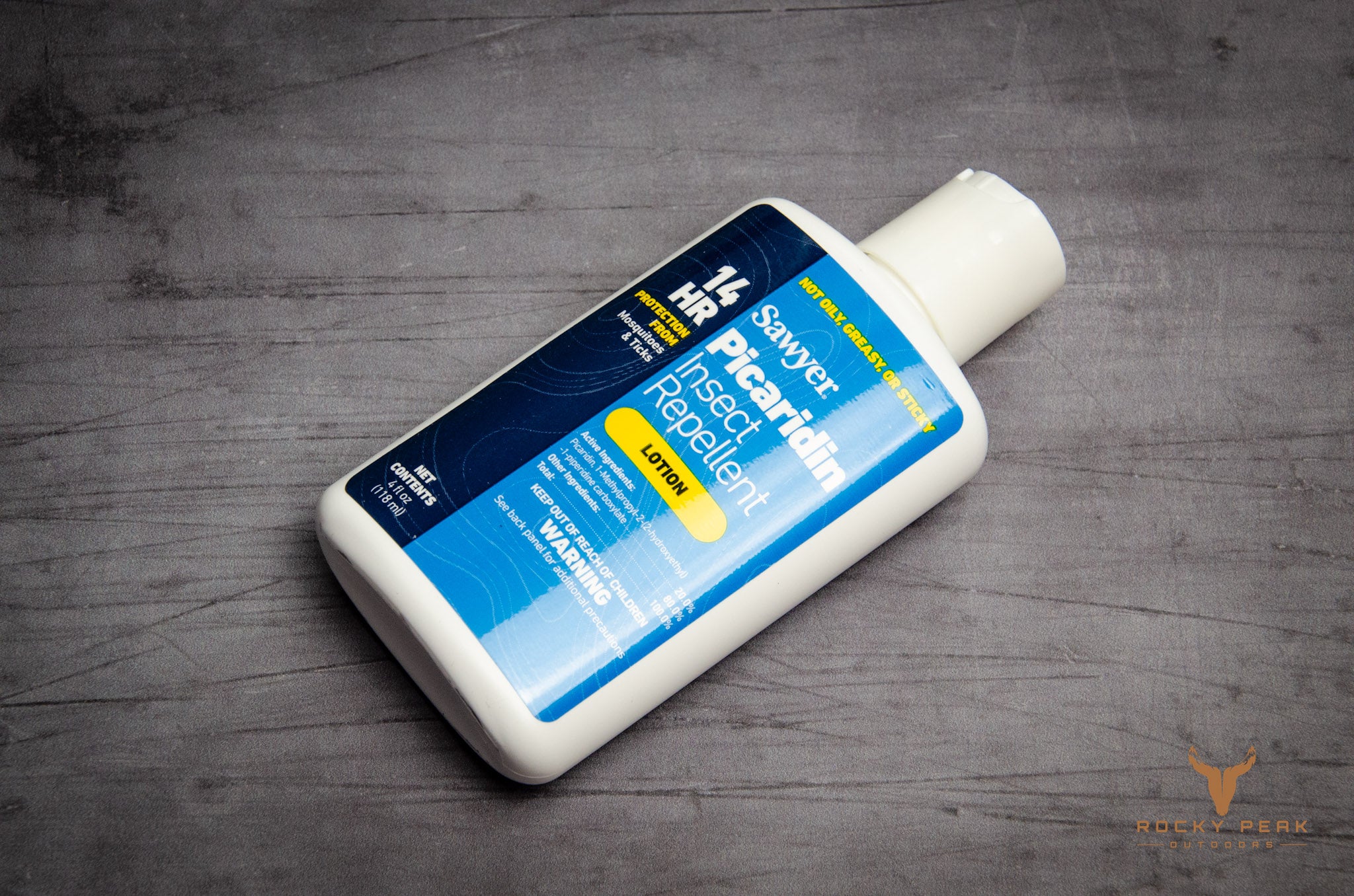As any casual or seasoned adventurer will tell you; an essential item in anyone’s travel pack is insect repellent. But which is right for you? When it comes to the world of repellents, there are two main choices – Picaridin and DEET. Delving into the pros and cons of each, in our eyes, there can only be one winner: Picaridin.
- Strongest of them all
Research has demonstrated that Picaridin surpasses DEET in its ability to repel mosquitoes and matches DEET's effectiveness in warding off ticks. Notably, Picaridin not only outperforms DEET but also offers longer-lasting protection, especially when used at lower concentrations. Picaridin isn't just a one-trick pony – it offers comprehensive protection against a wide array of insects, including mosquitoes, ticks, and flies. Whether you're hiking, fishing, or enjoying a quiet evening in your garden, Picaridin keeps you covered.
- Naturally derived
Derived from the black pepper plant, Picaridin is the natural remedy for keeping away those pesky critters. It's a plant-derived alternative that not only keeps you bite-free, but also aligns with our eco-conscious values. DEET, however, is a synthetic compound that, whilst can be effective at warding off insects, it will give you an acrid scent for at least a few hours.
- Lightweight and Non-Greasy
While DEET can leave you feeling sticky and uncomfortable, Picaridin is light and quicky drying. No more battling the discomfort of greasy, heavy repellents. With Picaridin, you'll hardly notice you're wearing it, so you can say goodbye to that familiar feeling for grease matted with dust after a long day hiking.
- Eco-Friendly
As an outdoor company, we strongly believe that we and anyone that uses the great outdoors have a responsibility to look after it. In an era where environmental concerns are at the forefront, Picaridin emerges as a responsible choice. It boasts low toxicity, minimal impact on aquatic ecosystems and poses less risk to the environment compared to DEET. By choosing Picaridin, you're making a conscious decision to protect both yourself and the planet. Which is exactly why, at RPO, we only stock Picaridin.
- Gentle on your skin and your sunglasses
Unlike DEET, Picaridin is gentle on the skin and suitable for all ages. It won't cause irritation or discomfort, making it a top choice for families, unlike DEET which has been shown in rare cases to cause rashes and skin irritation. DEET also has the ability to dissolve certain plastics and some synthetic materials, including rayon, spandex, and vinyl. This is a particular hazard for sunglasses and plastic eyeglass lenses.
- The benefit of DEET?
DEET was initially developed in the US armies in the 1940s and as a result has been extensively tested. Picaridin, on the other hand, was created in the 1980s and has been on the market since 1998. Despite repeated testing and governing bodies approving its use, some argue that it does not have the same amount of evidence to support its safety. Given that it has been on the market for almost 30 years without any suggestion of health risks, we would argue that it is very unlikely Picaridin poses any health risks.
In the showdown of Picaridin vs. DEET, the scales undoubtedly tip in favour of Picaridin. It's a naturally derived, eco-friendly, and highly effective solution that enhances your outdoor experiences without the drawbacks of its chemical counterpart.
We’ve tested multiple competitors and found the Sawyer Picaridin to be one of the best! Come online and buy yourself a bottle today for your next trip outdoors.
From the RPO team




